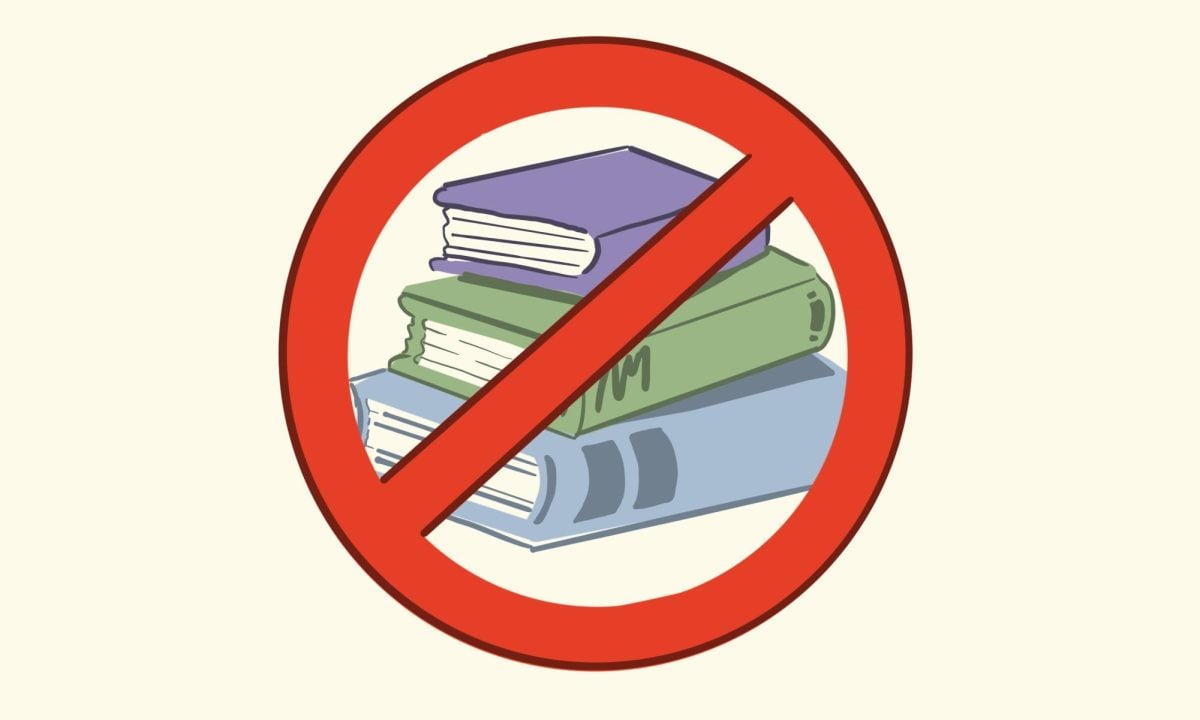Even when the content was “harsh,” Evanston resident Heather Jean said she always encouraged her two children to explore all types of literature when they were growing up.
Much of that literature came from the Evanston Public Library, which became a helpful resource when Jean’s daughter came out as queer.
“If she didn’t want to necessarily talk to me about something, she could figure it out herself,” Jean said, “She’d had resources here that she could use.”
Now, all Illinois residents will have access to these resources because of a new law that went into effect on Jan. 1.
Illinois House Bill 2789 outlaws the banning of books in public libraries, making the state the first to pass such legislation. The bill was introduced by Alexi Giannoulias, Illinois secretary of state and state librarian.
Giannoulias introduced the bill after 69 books were challenged in Illinois in 2022. In 2023, between January and August, 98 titles were challenged in the state, according to the American Library Association.
The law largely targets public libraries, mandating they must adopt the ALA’s Library Bill of Rights or create their own statement ensuring an “adequate collection” of literature that serves the needs of Illinois residents, or risk losing their state funding.
At EPL, this legislation led to the adoption of the current ALA Library Bill of Rights, according to Tracy Fulce, president of EPL’s board of trustees.
According to EPL Marketing and Communications Manager Jenette Sturges, the library passed an older version of the ALA Library Bill of Rights years ago.
Sturges said EPL uses the Library Bill of Rights as a framework for “highly trained” librarians to choose materials without political or other types of interference.
“Adopting that standard many years ago gives us a backstop against interference from people who maybe don’t have that kind of skill set trying to come in and tell us which kinds of books belong on our shelves,” Sturges said.
The ALA Library Bill of Rights is mainly used when purchasing materials for EPL, and since 2005, there have only been two book challenges at the library, Sturges said. The first was a children’s book called “Pinkerton, Behave!” Some parents thought a picture of a robber with a gun was “too violent,” she said.
The second was in 2023, with a “Geronimo Stilton” book, a children’s series that follows the life of a mouse. A resident thought a sneak peek of the next book in the series contained racist imagery.
Neither book was taken off the shelf and the referenced “Geronimo Stilton” book was not purchased because it isn’t “high literature,” Sturges said.
To challenge a book at EPL, a person must be an Evanston resident. This policy is one way EPL keeps books accessible, Sturges said.
For the last two years, in an effort to expand diversity, equity and inclusion in their collection, the library has been using a program called collectionHQ, Sturges said. The program collects data and identifies library materials that represent a specific identity. EPL uses the data to buy materials featuring a more diverse range of voices, Sturges said.
Such efforts have caught the eyes of new Evanston resident and SESP Prof. Paula Hooper.
After participating in an educators’ workshop on technology, Hooper said she really appreciated EPL’s emphasis on diverse participation.
“I know that the commitment to diversity and to equitable living is really embedded in the way that (EPL) does its programs as well as shares books,” Hooper said. “And I know that the library has a lot of programs where they try to represent and support the growth of all kinds of ways of thinking and validate all different types of lifestyles.”
Email: anaviprakash2027@u.northwestern.edu
Twitter: @anavi_52
Related Stories:
— Bomb threat at Evanston Library Thursday prompts evacuation













